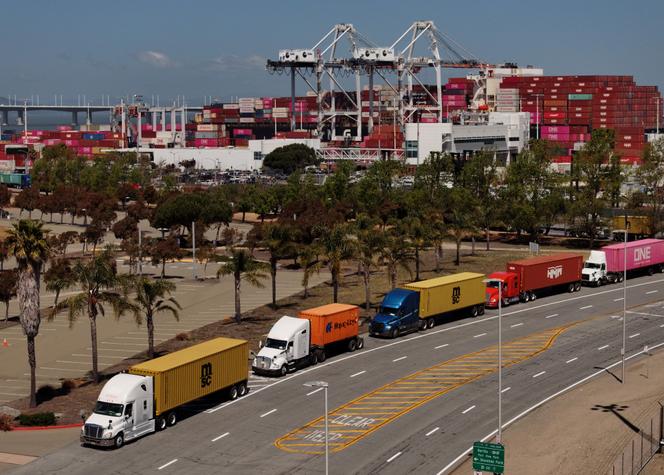


The response from a European diplomat was weary, verging on resigned: "You have to expect there will always be uncertainty." During the night of Wednesday, May 28, to Thursday, May 29, three federal judges had caused a stir by ruling part of the tariffs imposed by President Donald Trump illegal. Just a few hours later, a US court of appeals suspended their initial decision, temporarily restoring the tariffs while it considers the case. The court did not rule on the merits but reinstated the tariffs pending its judgment.
How can Brussels, Tokyo or Beijing negotiate under such conditions? On one hand, Trump was eager to boast about "great deals" with his trade partners. On the other, the very foundation of trade negotiations is shifting constantly. The events of recent days have illustrated this in dramatic fashion.
On May 23, Trump threatened to impose 50% tariffs on European Union (EU) imports by June 1. On Sunday, May 25, after a phone call with Ursula von der Leyen, the president of the European Commission, he postponed the deadline to July 9. On Wednesday, the legal basis for the tariffs collapsed. On Thursday, the appeals court's ruling temporarily reinstated them. "Anything can still happen. This is not the end of the story," a senior European official cautioned before the appeal decision.
You have 77.44% of this article left to read. The rest is for subscribers only.
